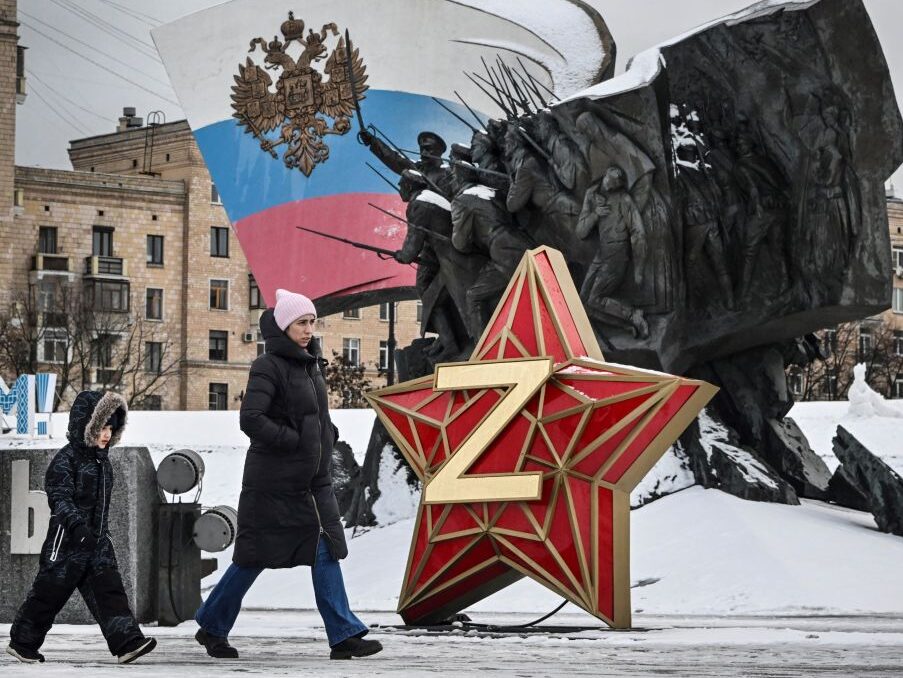Russia has reactivated the Joesph Stalin-era ‘SMERSH’ spycatcher agency, the latest indicator a new Cold War emerging and Russian attitudes towards its enemies and their supporters in the Ukraine war.
SMERSH, a counter-intelligence agency with its name deriving from an abbreviation of the Russian for ‘death to spies’ appears to be active again, a British intelligence digest notes, stating that Russian “operatives” wearing insignia of the group have now been spotted. Russia had already announced it was reforming SMERSH in 2023, notes Ukraine’s state media organisation Ukrinform, and the UK Ministry of Defence notes that what this means for Russia’s actual capability is unclear, it nevertheless underlines Russia’s “strong focus on the supposed infiltration of external threats into the country”.
The actual official existence of SMERSH only lasted a few years in the 1940s, and for most of the history of the Soviet Union counter-espionage was the responsibility of the intelligence agency known as the KGB. Nevertheless, SMERSH remained well known in the West because it featured in the James Bond books by British intelligence officer Ian Flemming, who worked for the UK’s Naval Intelligence Division during the Second World War when SMERSH was active.
Russia has repeatedly made comparisons between its war against Ukraine, the reinvasion now nearly two years old and first invasion now approaching a decade ago, and the Second World War. Russia has used the presence of neo-nazi militias in Ukraine as a justification for the war, linking its supposed “denazification” of Ukraine to Russia’s successful destruction of the Third Reich in 1945 as part of the Allies with the United States and United Kingdom. As noted by the MOD, the return of the Second World War-vintage SMERSH label is another layer to that conscious couching of the conflict “in the spirit” of that historic conflict.
While the UK intelligence digest on the alleged return of SMERSH couches its language in doubt, noting “supposed infiltration… into the country”, it does appear the state is presently struggling with a spy problem, as Ukraine-loyal agents have been able to conduct sabotage and perform observation for the direction of strikes. As reported at length, Russia has been struggling to overcome the work of pro-Kyiv saboteurs over the past year, with many attacks focussing on taking out supply trains feeding the Russian war machine, and direct attacks on military aircraft while inactive on the ground at Russian airbases.
The issue is not solely one for Russia, however. Poland has arrested and jailed spies it said were planning to sabotage army trains on the way from NATO to Ukraine last month, and Germany has recently revealed its new energy infrastructure to replace Russian-supplied natural gas has been the victim of an alleged attack, with a saboteur believed to have drilled holes in gas pipes.
